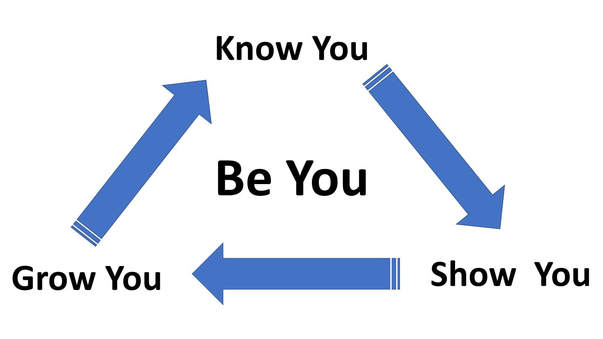At the forefront of the elite athlete treatment for teachers should be mental performance training, sport psychology. Sport psychology, a rapidly expanding field, is really performance psychology. It's a field focused on helping performers to better understand who they are are, what they do, and how they can do it better. Over the last several years, I've dived into the field of sport and performance psychology. I have read, talked with others within the field, and gotten a masters degree related to the topic. In addition, I have had the great privilege of a wide variety of experiences working with performers at a variety of skill level. Over the last year and a half I have served (unofficially and now officially) as our school's Mental Performance Coach. The role has me working with many of our athletic teams, performing groups, and some academic classes. It also has me constantly searching for ways to do more and do better. With that, I thought of teachers. Teachers are asked to perform day in and day out. In reflecting more about it, the school year's athletic comparison is the long season of professional baseball where the daily monotony is referred to as "the grind." For students and teachers (because we're important too) to have the best experience possible, we need teachers to be on top of their game on a consistent basis. Mental performance training can help by helping them to realize who they are and how they are at their best.
The best performers in the world are excellent at having a present day, present moment focus. Teachers are terrible at this. Instead of focusing on this class period, we're guilty of constantly looking forward. "Only 17 days until Winter Break," "I don't know how I'm going to have those kids ready for AP testing in 4 months," "We've got to get these 9th graders ready for college!" I wish I were joking about the last one. Unfortunately, I am not. The result of all this obsession with the future? Undue stress. Lack of enjoyment and appreciation for now. Inconsistent attitudes and approaches to days. Missing out on some really cool moments because we've already mailed it in as "one of those days." Now multiply that sort of mindset by 4, 5, 20 years, and it's no wonder why people don't want to teach anymore. We are setting ourselves up to be miserable.
Great performers don't allow something to completely ruin their ability to keep perspective. Again, this is a big challenge for teachers. "Let me tell you about this email I got from a parent," turns into "Parents just don't respect us at all." "Can you believe what this student said when I asked him to put his head phones up?" turns into "Kids today, they just have no respect for authority." We quickly forget the 201 other parents who didn't send a nasty email. What about the 1900 other students whose behavior was without issue? We lose perspective, and we let ultimately little things bother us more than they should.
Those are just a couple of ways performance psychology has relevance in the world of teachers. Mental performance training is becoming more and more a part of the world, and for good reason. Professional, Olympic, and college teams are all using it. Take a look at the current champion in whatever sport you like, and there's a very high percentage liklihood they are using mental training. Big corporations are as well. Education needs to be next. Helping teachers to better understand themselves and their performance, in my opinion, would help tremendously with the quality of instruction. In addition, it would allow teachers to better enjoy the experience along the way. It would help them to help themselves. Maybe that would lead to more of us sticking around like we all hope.
- Ben
- Ben

